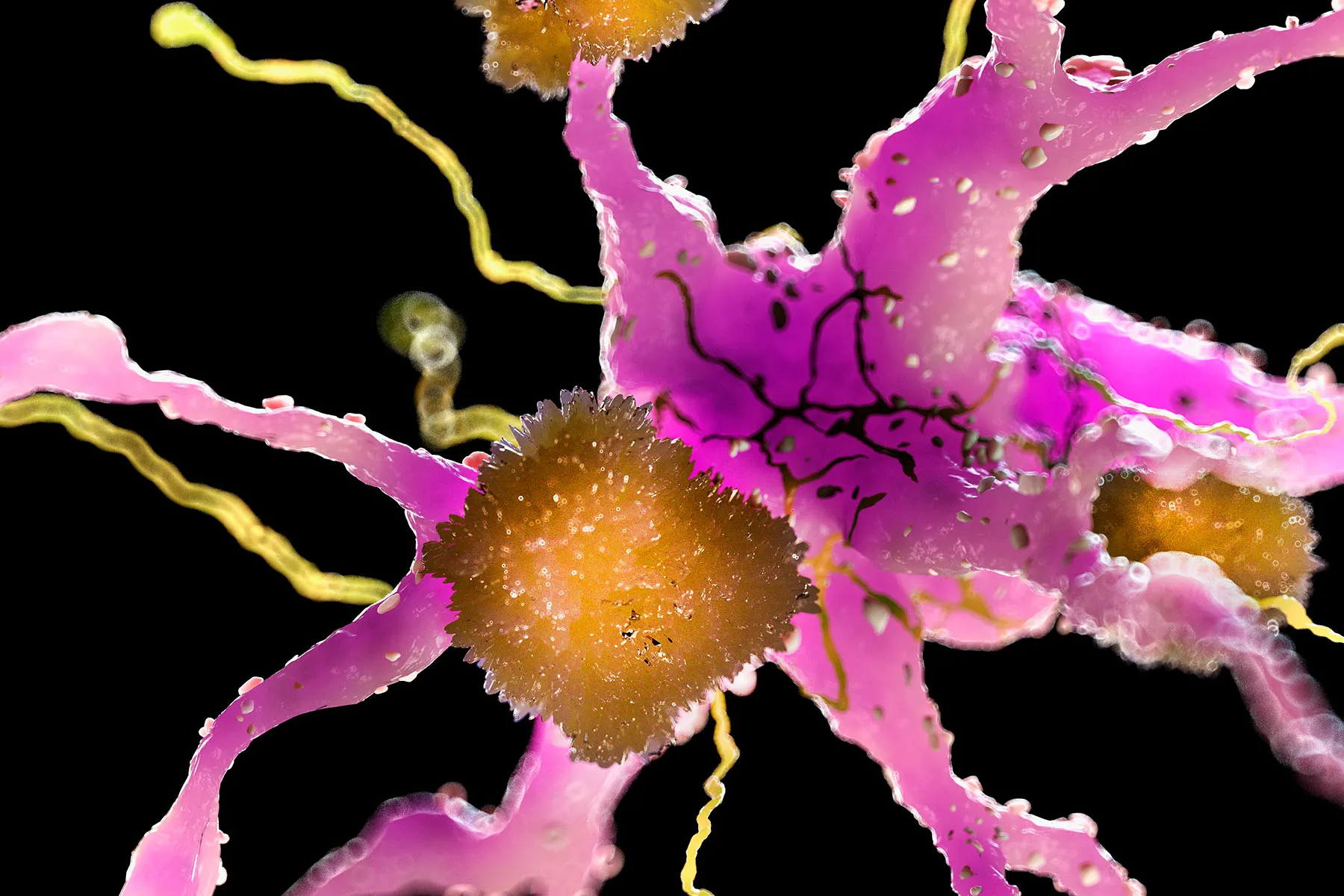UN Human Rights Commissioner Calls for Moratorium on Artificial Intelligence
Former Chilean President Michelle Bachelet cited a United Nations report warning of the growing and “potentially catastrophic” threat to privacy posed by facial recognition and data mining software.

The use and sale of artificial intelligence systems should be suspended until governments can establish “guardrails” to protect privacy, says the United Nations High Commissioner for Human Rights (UNHCR).
Meanwhile, any AI systems found to be “incompatible” with human rights protections should be banned outright, said Michelle Bachelet.
“Artificial intelligence can be a force for good, helping societies overcome some of the great challenges of our times, but AI technologies can have negative, even catastrophic, effects if they are used without sufficient regard to how they affect people’s human rights,” Bachelet said..
Bachelet, a former President of Chile, was speaking at a Council of Europe hearing following the release of a UN report that warned AI systems “can facilitate and deepen privacy intrusions.”
“The power of AI to serve people is undeniable, but so is AI’s ability to feed human rights violations at an enormous scale with virtually no visibility,” she said.
“Action is needed now to put human rights guardrails on the use of AI, for the good of all of us.”
Bachelet called on member UN states to issue a moratorium on the sale and use of artificial systems until researchers assess the “ negative, even catastrophic” risks they pose.
“The higher the risk for human rights, the stricter the legal requirements for the use of AI technology should be”.
The UN report singled out facial recognition systems as posing special threats, but it also noted that intrusive spyware used in social media was a growing threat. The report was commissioned in response to revelations last July that the Israel-based Pegasus software had been used to skim address and private details of journalists and dissidents in the Middle East and other regions.
Tim Engelhardt, Human Rights Officer at the UNHCR’s Rule of Law and Democracy Section, said the threat was getting worse, and called for an expansion of existing European Union rules requiring social media companies to report on how their software was being used.
“We don’t think we will have a solution in the coming year, but the first steps need to be taken now or many people in the world will pay a high price.”
According to the report, the governments needed to grapple with the AI systems that “expand, intensify or incentivize interference with the right to privacy, most notably through increased collection and use of personal data.”
“The complexity of the data environment, algorithms and models underlying the development and operation of AI systems, as well as intentional secrecy of government and private actors are factors undermining meaningful ways for the public to understand the effects of AI systems on human rights and society,” the report said.
Read the full report here.

 Landwebs
Landwebs 























